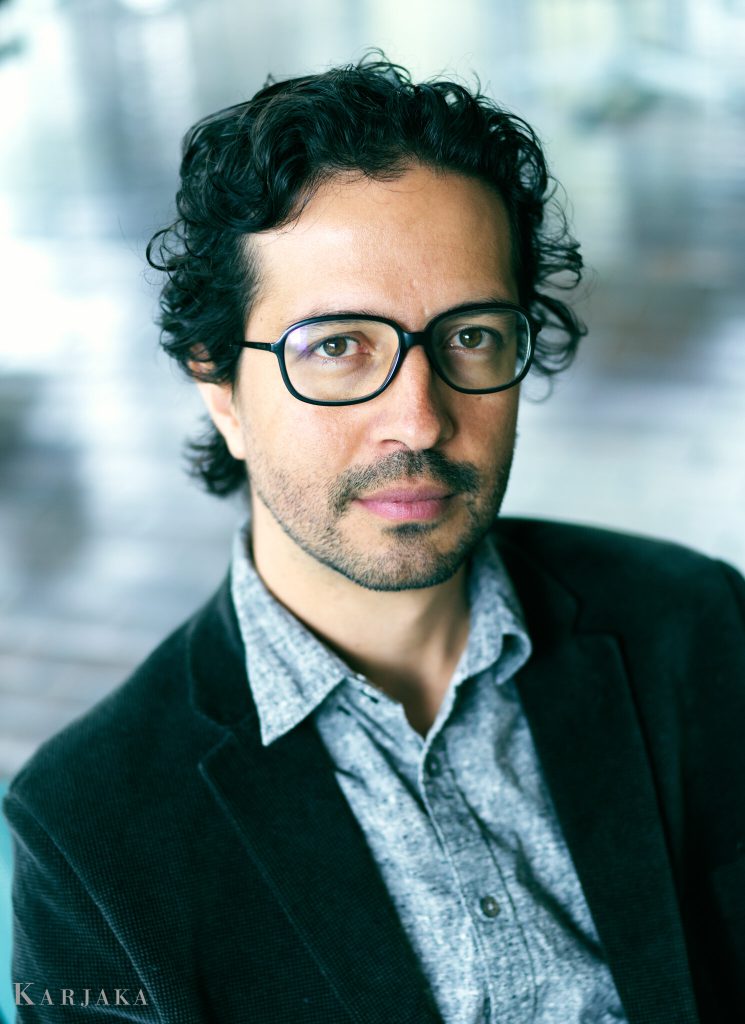
Website: https://www.sebastianquesada.net/
Sebastian Quesada is a Costa Rican composer interested in exploring the ambiguous and subjective nature of music to evoke specific imagery. Through a blend of diverse genres and processes, his compositions aim to explore musical narratives that are connected to our cultural and social perceptions.
His work spans a variety of media, including large and chamber ensembles, rock music, incidental works, installations, and more. This diverse range of mediums has contributed to his intention of synthesizing different elements to explore extra-musical concepts. His music has been performed by the Harlem String Quartet, the National Symphony Orchestra of Costa Rica, the Oberlin Symphony Orchestra, the Concert Band of Cartago, and the Costa Rican Guitar Quartet, among others.
Quesada’s pieces have been selected for performance at the Leonard Falcone International Euphonium and Tuba Festival and the International Trombone Festival. His music has also been recorded. Particularly noteworthy are the projects with Thomas Mesa and Michelle Cann through a grant from PARMA Recordings and the Sphinx Organization, as well as the recording with Latin-Grammy Award winner Eddie Mora. Among his awards and honors are the first place in the 2020 Barbara Wagner Composition Commission Competition, the winner of the 2014 Orchestra Readings for Young Composers by the National Symphony Orchestra of Costa Rica and a runner-up of the 2020 Guitar Composition Contest “Promises of the Guitar.” In addition, he is a Future of Music Faculty Fellow through the Cleveland Institute of Music with support from the Sphinx Venture Fund and was the composer in residence for Willapa Bay AiR in June 2023.
Quesada holds degrees in composition from Michigan State University (D.M.A.), Truman State University (M.M.) and University of Costa Rica (B.A.). He has studied with Ricardo Lorenz, Zhou Tian, Charles Gran, Victor Marquez-Barrios, Carlos Castro and Luis José Herra. He also holds a M.M. in Music Theory from Michigan State University.
